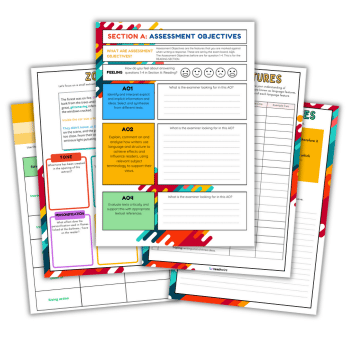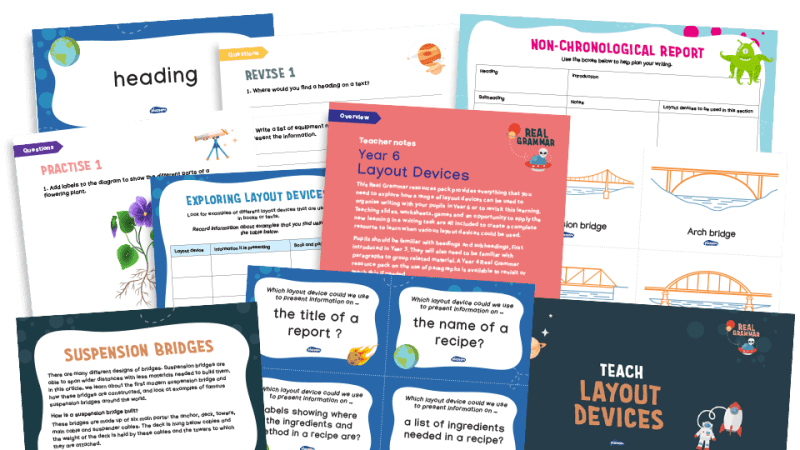7 steps to great non-fiction writing in KS3/4

Sharpen your students’ rhetorical skills and powers of persuasion with these concise pointers from Mr E…

- by Mr E

Training GCSE students to produce controlled argument writing can be like nailing jelly to a tree.
How can you encourage them to produce short, effective pieces, rather than unpunctuated rants?
1 | Be on good form!
Have students focus on the type of writing required of them. How we open and close an argument is dictated by whether we’re writing a speech for an audience, a letter for an individual or an essay / article for readers.
2 | Lead by example
Form established, encourage students to find examples. Writers and topics they’re familiar with will resonate, but don’t rule out classics such as Martin Luther King’s 1963 ‘I have a dream’ speech.
3 | Play Devil’s advocate
Encouraging students to take the opposite point of view to their own works well. Forced to become more measured, they’ll come to focus on sound planning and utilising different devices.
4 | Start with a bang
Create impact in letters and speeches by inserting emotive language or personal phrases, such as ‘I feel passionately about this’ or ‘I feel compelled to speak out.’
5 | Move from negative to positive
After a brief intro, have students focus on the negative repercussions of readers not taking their point of view. Having deployed emotive language to induce misery, they can then paint a glorious picture of a world that follows their lead, using positive abstract nouns such as ‘hope’, ‘freedom’ and ‘happiness’.
6 | Paragraph for effect
Turning points – moving from the negative into the positive – are perfect for single-sentence paragraphs. Opinions disguised as facts (‘Everyone knows that this is an outright lie’) can be effective here; alternatively, digressions and flashback paragraphs never fail to impress examiners.
7 | Build word power!
Focus on students’ ‘Tier 2 vocabulary’ – words perhaps not familiar to them, but which can be regularly found in intelligent writing across various topics, such as ‘fundamental’, ‘intrinsic’ and ‘corresponding.’
Mr E leads a secondary English department and is a published writer; discover more writing tips at his ‘Mr E’s English Hacks’ YouTube channel and follow @es_hacks.










